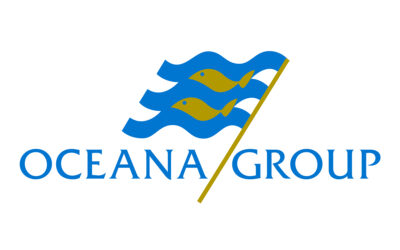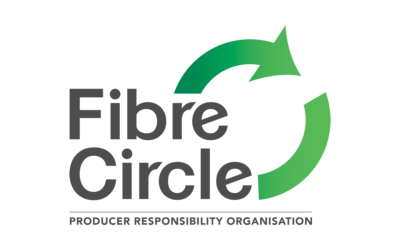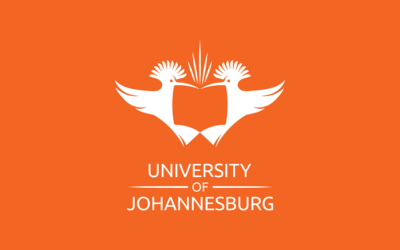Thiyane Duda is a researcher at the University of Cape Town’s Land and Accountability Research Centre (LARC). LARC works with citizens living in the former homelands and provides support regarding the protection of rights and living customary law. The centre works to analyse, summarise and translate the particulars of laws and policies, which are then communicated to the people concerned.
Ensuring that rural citizens are informed about these matters means that they can keep local leaders accountable and challenge decisions that do not serve them. “Parliament will draft acts without consulting those living in these areas, and without knowing how the people manage their land and resources,” says Duda. “This can be a threat to both the land and people’s way of living.”
His area of focus is on traditional governance and living customary law. He plays a key role in equipping rural citizens with the knowledge and means to hold space in public hearings and share their experiences, opinions and grievances in both traditional and magistrate’s courts. In doing so, he offers people an opportunity and a platform to fight for a life on their own terms.
He notes how it is those with a deep historical and spiritual connection to the land who hold the most knowledge about sustainable living practices. “If you are not consulting the people who live on the land, who have known it for centuries, you are saying that they are people not worth listening to. You are losing valuable knowledge.” He believes that we need to begin with consulting those living on the land directly, personally and in good faith.
“We cannot exist without our natural environment. We are completely dependent on it. In destroying it, we destroy ourselves. If we want to survive, we have to respect and preserve it.”
We cannot exist without our natural environment















